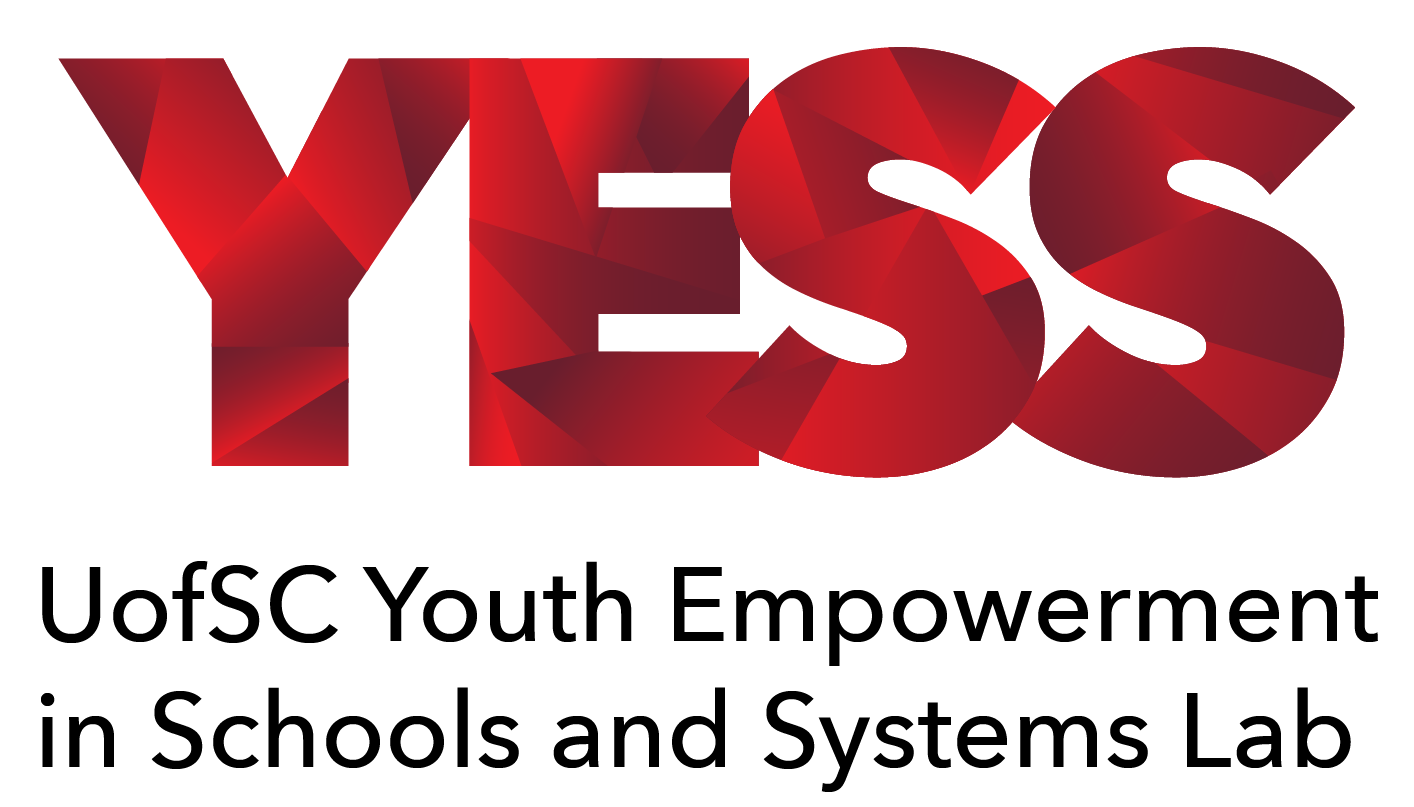SBHA COURSES
Learn & Earn

“All Hands on Deck”
Length: 5 Hours
Upon completion of this course learners will:
- Understand the background and purpose of the SC SBHA
- Analyze the current state of youth mental health
- Define and describe mental health and mental illness, including types of mental health challenges and the impact of stigma
- Recognize risk and protective factors and their impact on youth
- Explain Multi-tiered System of Supports (MTSS) and its role in supporting school behavioral health
- Identify the importance of strong relationships and apply relationship-building strategies

“Core MTSS Practices”
Length: 8 Hours
Upon completion of this course learners will:
- Summarize the elements of an effective, sustainable, comprehensive multi-tiered system of supports
- Describe the key functions of an MTSS framework across all three tiers
- Define and describe the function of MTSS leadership teams, both at the district and school levels
- Describe the purposes and benefits of resource mapping and needs assessment
- Understand the process of data-informed decision making at each tier of MTSS, including identifying and evaluating data sources, progress monitoring, and making decisions
- Explain the process of screening for social, emotional, and behavioral functioning and recall example screening tools
- Enhance positive, bidirectional relationships between schools, families, and communities
- Build strong, supportive relationships with students of all backgrounds

“Building the Foundation with Tier 1”
Length: 8 Hours
Upon completion of this course learners will:
- Summarize the defining characteristics and key practices of the Tier 1 level of MTSS
- Promote positive school-family engagement and build strong, bidirectional relationships
- Apply everyday strategies for enhancing school-family relationships
- Recognize the impact of school climate and safety on student wellbeing and apply strategies for enhancing school climate and safety, such as bullying prevention
- Implement schoolwide and classroom behavior expectations
- Describe challenges to personal wellness for professionals working in the school setting and promote practices that improve wellness
- Describe the ways in which Tier 1 can support student wellness

“Bridging Supports with
Tier 2″
Length: 8 Hours
Upon completion of this course learners will:
- Define the role of Tier 2 and implement its installation process
- Apply the principles of data-informed decision making in Tier 2 MTSS teams
- Identify best practices in common mentoring programs, such as Check-In/Check-Out (CICO)
- Recognize the importance of self-care and utilize strategies for enhancing personal wellbeing
- List common classroom programs supporting mental health literacy and positive health and wellbeing

“Growing Your Tier 3 Supports”
Length: 8 Hours
Upon completion of this course learners will:
- Explain the role of Tier 3 in MTSS and identify common student concerns receiving Tier 3 services
- Apply best practices in building relationships in a therapeutic role
- Understand and consider the effectiveness of a collaborative care model in the school setting
- Develop effective and equitable treatment plans for use in Tier 3 supports
- Identify the broad range of evidence-based treatment types available, including manual and modular approaches, behavior support, and tele-mental health
- Utilize data-informed decision making in the assessment of student intervention progress
- Summarize the core elements mental health crises, including suicide prevention and intervention, with an emphasis on the Multi-Tiered System of Supports

“The Opioid and Fentanyl Epidemic”
Length: 3 Hours
Upon completion of this course learners will:
- Explain the nature and history of opioids, including how the opioid and fentanyl epidemic came to be in the United States
- Discuss the impact the opioid and fentanyl epidemic on adults and youth through overdoses, economic costs, HIV/HCV outbreaks, broken relationships, and more
- Respond to the opioid and fentanyl epidemic with tangible resources, practical advice, and abilities to recognize and respond to an opioid overdose

“Elevating Family Partnerships”
Length: 3 Hours
Upon completion of this course learners will:
- Define school-family-community partnerships and how to incorporate them into a Multi-tiered System of Supports (MTSS)
- Describe advantages of family and community partnerships, as well as common barriers and challenges
- Identify and apply proactive, everyday strategies for building up positive relationships between schools and families



